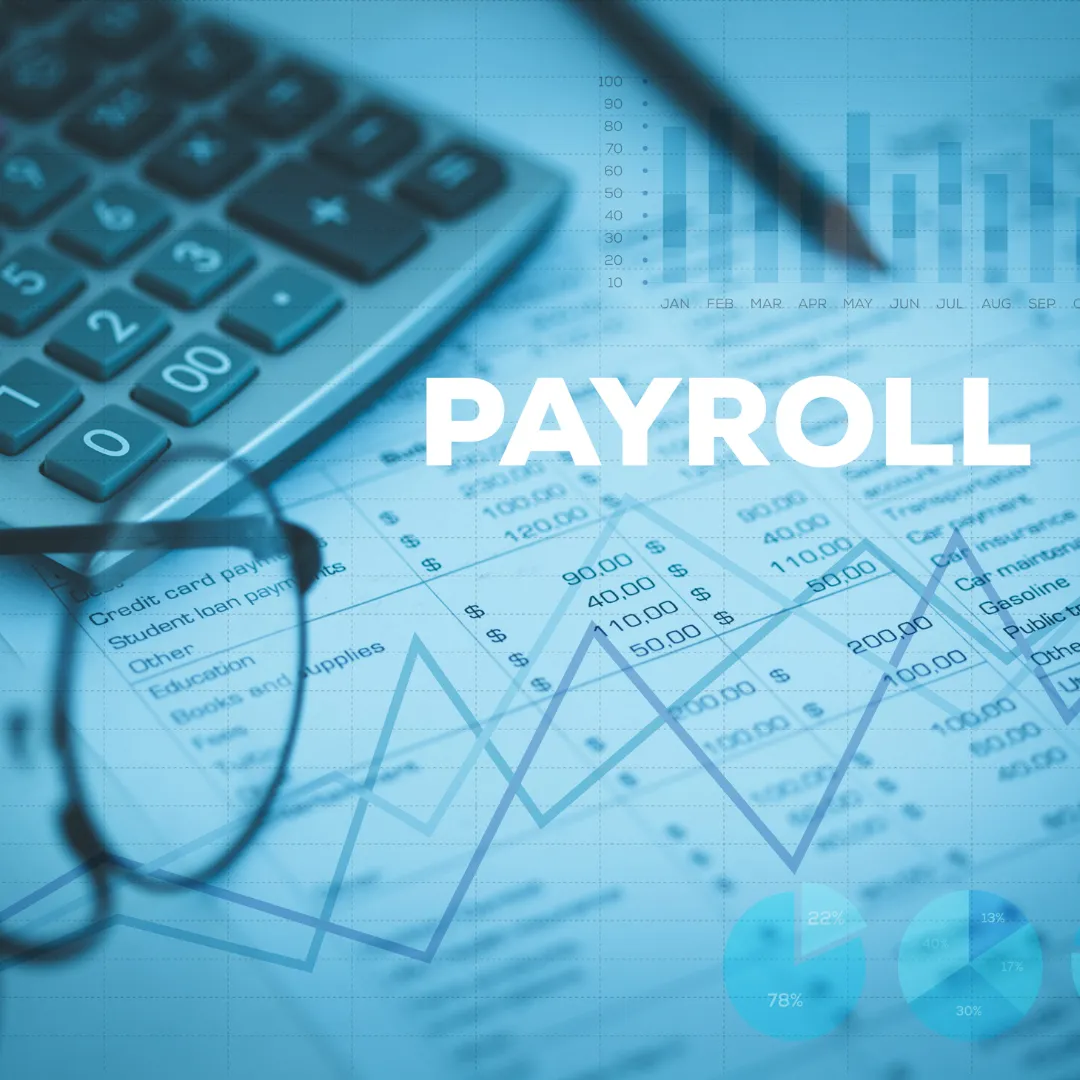January 2nd: Virtual Tax Prep Opening Day!
We will start processing returns for the Tax Refund Advance .
Apply for Amounts up to $7,500.00
Christmas Loyalty Tax Advances
Starting December 10th up to $1000.00 Dollars!
Please Enter Your Preferred Tax Preparers Name as the Referral
so that we can route you to the right Professional.

Welcome to Champions
Virtual Tax and Book Keeping Solutions
Providing Top-Notch Financial Solutions to optimize your success
Get Free Breaking News Delivered to Your Inbox!
Stay informed on potential changes to Tax Cuts and Jobs Act (TCJA) provisions with timely updates as TCJA developments unfold. Receive essential news and insights on proposed and final regulations from the Treasury, helping you understand how these changes may impact your business or clients.
Our coverage includes in-depth reporting and expert guidance across key areas, including:
Corporate Tax
Estate
Gifts
Trusts Tax
Individual Tax
International Tax
IRS Revenue Procedures
Passthrough Entity Tax
Payroll Tax
State Tax
Sign up to receive concise summaries of the latest tax reform developments that could influence how you do business.
With Tax Regulatory Alerts, stay informed and ahead of the curve.
Tax Consulting

Book Keeping Services

Tax Preparation Services

File Your Taxes Remotely with a Champions Tax Expert
Earned Income Tax Credit (EITC) The Earned Income Tax Credit (EITC) is a refundable tax credit for low to moderate income working individuals and families. Taxpayers who earned less than $60,000 in 2024 may quality for EITC
If you are not 100% satisfied with Champions Tax and Bookkeeping Services, we will refund your tax preparation fees. Printing or electronically filing your return reflects your satisfaction with Champions Virtual Tax and Bookkeeping Solutions.
Quick, Professional service for Tax Preparation. Champions Tax has been the trusted tax professionals for over 1000 customers.
